In Part 1 of our series, we discussed best practices for preventing litigation amongst business partners. Litigation may be a necessary evil, but it can put a huge dent in your budget and distract from your company’s fundamental mission. We believe in preventative measures whenever possible.
In this second installment we turn our focus to external disputes, be they with service providers, contractors, competitors or even consumers.
5 Ways To Avoid Litigation Against Other Companies:
1. Don’t Take Short Cuts:
Many B2B disputes arise because one company failed to conduct due diligence (e.g. neglected a trademark clearance search), or tried to cut corners (e.g. lifted the content or terms for your website from the internet or even a competing site). It’s impossible for every business choice to be organic and uninfluenced by others, but you will avoid the majority of potential conflicts by simply committing to the legwork.
2. Try Communicating:
Regardless of who plays the role of the instigator, remember that many disputes can be settled quickly and easily with a courteous letter, email, or phone call. Cannabis is growing but it’s still cozy compared to other industries. Perhaps you have a mutual contact that can broker negotiations. Maybe an upcoming industry event will present the opportunity to sit down with the other side. Of course, some find it more efficient to cut right to the chase. If you receive communication such as a cease and desist letter, it is still advisable to engage the sender. Ignoring these demands will only anger the other side and push the matter further down the road to litigation.
3. Remain Objective and Reasonable:
Put yourself in the other company’s position. You may be able to understand what motivates their position and actions. Bad business judgment can appear as aggressiveness or personal enmity, but if you can understand where the adverse party is coming from then you may be able to resolve the conflict with greater ease.
4. An Agreement Could Help:
It may seem counterintuitive to memorialize an agreement between competitive companies that would not typically do business together. Frequently it will be inappropriate if, say, one side simply wants the other side to discontinue some activity or pay damages. However, striking a deal has the potential to foster a more collaborative relationship between companies, leading to an expedited dispute resolution. If each side feels as though they’ve come away with something, there is less animosity and clearer lines over which each side knows it should not cross.
5. Consult an Attorney:
You will obviously want to know that you have a solid legal basis for your position, and should also be aware of the risks involved in conveying any information that could be used against you. Many people are under the mistaken assumption that hiring an attorney will push them towards litigation, but we believe the opposite to be true. Hire a business law firm focused on your best interests, and not your potential to generate billable hours.
For more information on this and related topics, or to setup a free consultation, please contact the Law Offices of James P. Marion, Esq.
DISCLAIMER: This article is intended to provide general information only, and should not be construed as formal legal advice or the formation of an attorney-client relationship. You should not act or refrain from acting based on the materials contained herein and The Law Offices of James P. Marion, Esq. explicitly disclaims any liability for your action or inaction based on the contents of this article.


